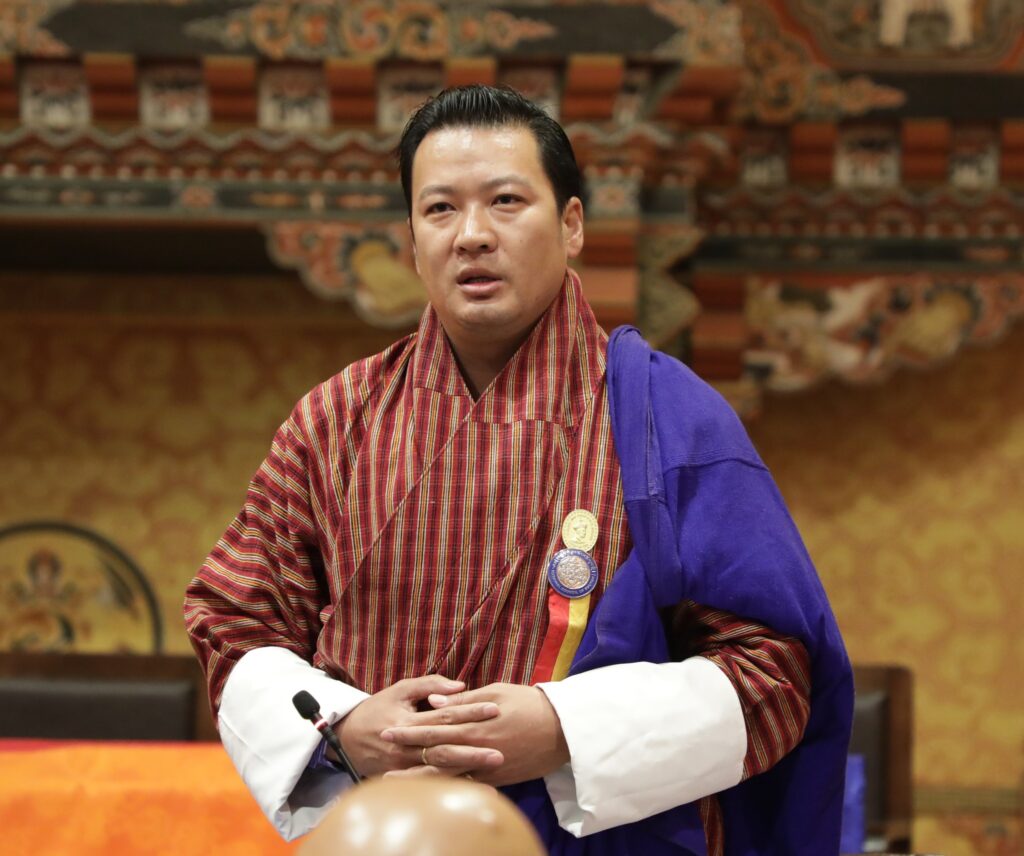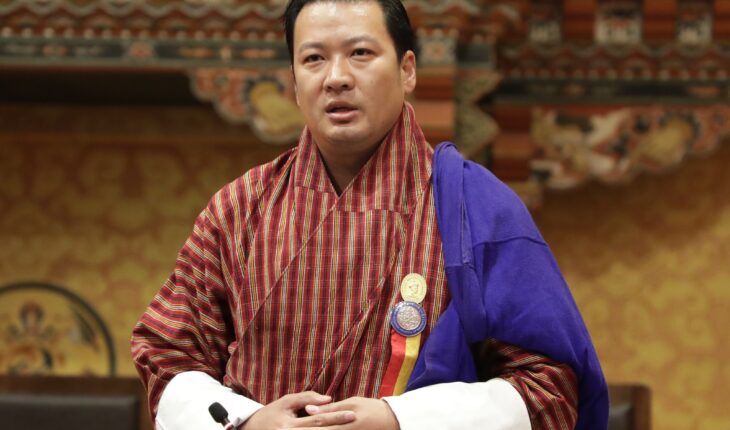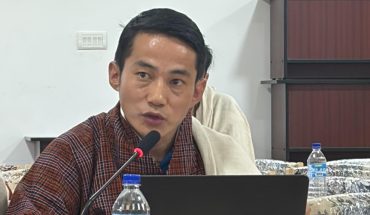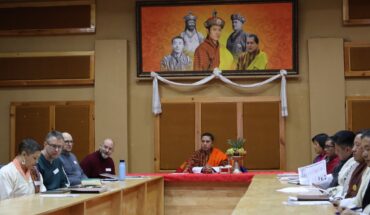
National Council seeks amendment to Bhutan’s abortion laws
KINZANG DORJI TSHERING
Thimphu
The Legislative Committee of the National Council has recommended an amendment to Bhutan’s abortion law to permit termination of pregnancy in cases where a foetus is diagnosed with serious abnormalities.
This recommendation, shared during the Council’s recent session, is part of the Committee’s interim report on the review of the Penal Code of Bhutan 2004.
The amendment, if passed, will mark the first expansion of legal abortion grounds in two decades, since the Penal Code came into effect in 2004. Currently, Bhutan’s law only permits abortion in highly specific situations: if the mother’s life is in danger, if the pregnancy results from rape or incest, or if the woman is mentally unsound.
Any abortion outside of these exceptions is a criminal offence, punishable by imprisonment.
According to the Committee, the proposed new exception would apply in cases where certified medical professionals determine that the foetus has severe congenital conditions or abnormalities that make survival outside the womb impossible or life unbearable due to extreme suffering.
This proposal, lawmakers say, is grounded in compassion and medical ethics rather than any intent to liberalize abortion broadly.
Gelephu MP and the Chairperson of the Legislative Committee, Pema Tashi emphasized that the change is not intended to promote abortion but to address a deeply painful and rare medical situation faced by some families.
“We are not trying to make abortion easy or common,” he said. “But in special cases where there is no hope for the child, and the parents are suffering, we need to show kindness and allow a choice.”
Under the current law, Sections 146 to 148 of the Penal Code criminalize abortion unless it falls under the narrow exceptions. Violations can lead to prison terms of up to three years.
These laws, unchanged since their enactment in 2004, were crafted to align with Bhutan’s strong moral and religious traditions, aligning with Buddhist values that emphasize the sanctity of life from the moment of conception.
However, healthcare professionals, rights advocates, and some lawmakers argue that these laws do not reflect the complexity of modern medical realities or the emotional burden on families.
Medical practitioners in Thimphu report encountering heartbreaking cases where women are forced to carry a pregnancy despite a confirmed diagnosis that the baby will not survive or will suffer greatly. In such situations, both doctors and patients face moral and emotional dilemmas, made worse by the legal limitations.
A gynaecologist at the national referral hospital, speaking on condition of anonymity, described a recent case in which a young couple was devastated after discovering that their unborn child had a condition incompatible with life.
“We had no choice but to ask them to continue the pregnancy, even though we knew the baby would not survive more than a few hours after birth,” the doctor said. “This is not only painful for the family, but also for us as caregivers.”
To safeguard against misuse, the Committee’s recommendation includes strict conditions. It would require the diagnosis to be confirmed by at least two qualified medical professionals. In especially complex cases, a medical board could be convened to verify the findings and ensure compliance with legal procedures.
While the proposal has been welcomed by many in the healthcare sector, it has also raised concern among some religious figures and conservative members of society.
A senior monastic scholar based in Punakha, who preferred not to be named, stated that every life is sacred regardless of its condition.
“Even if the child is born with suffering or dies early, there is a spiritual process taking place. We should be careful not to interfere with that,” he said. “Lawmakers must consider not just legal and medical facts, but the spiritual consequences too.”
Still, the shift in public discourse is evident. In urban areas like Thimphu and Phuentsholing, many younger Bhutanese citizens are voicing support for a law that shows compassion.
“No one wants to have an abortion,” said Tshering Yangzom, a student at a university in Thimphu. “But if doctors say the baby cannot survive, then the mother should not be forced to carry that burden alone.”
Women’s rights advocates also say the change could reduce the number of unsafe abortions. Due to current legal restrictions, some Bhutanese women travel to India for abortions, especially when pregnancies involve foetal complications.
According to Kinley Dema, a member of the Bhutan Women’s Welfare Association, this places vulnerable women at greater risk. “This amendment is not about making abortion easy,” she said. “It’s about protecting women’s health and mental wellbeing.”
Nonetheless, Bhutan’s abortion laws remain more conservative than those of many of its neighbours. In India, abortion was recently made available on broader grounds—including foetal abnormalities—up to 24 weeks of pregnancy under certain conditions.
Nepal, similarly, permits abortion on request up to 12 weeks and for medical reasons thereafter. Bhutan’s cautious approach reflects the country’s cultural and spiritual values, but experts argue that some flexibility, especially for exceptional medical cases, would not contradict these values if managed properly.
The Committee’s current report is still considered interim. It is expected that further consultations will be held with Members of Parliament, religious bodies, medical experts, and civil society groups before the final version is submitted.
If adopted, the exception for severe foetal abnormalities would be added to the larger Penal Code amendment bill, which may be debated and passed later this year.
Meanwhile, Parliamentarians have encouraged the public to engage in the discussion and share their views. Legal experts say this type of consultation is necessary for such a sensitive topic.
The goal, according to the Committee, is to find a balanced approach that respects both Bhutanese spiritual values and modern medical realities.
The Legislative Committee is expected to submit its final recommendations in the coming months.
Until then, Bhutanese citizens, lawmakers, and spiritual leaders will continue to reflect on how to shape a law that is compassionate, responsible, and truly reflective of the nation’s values.





